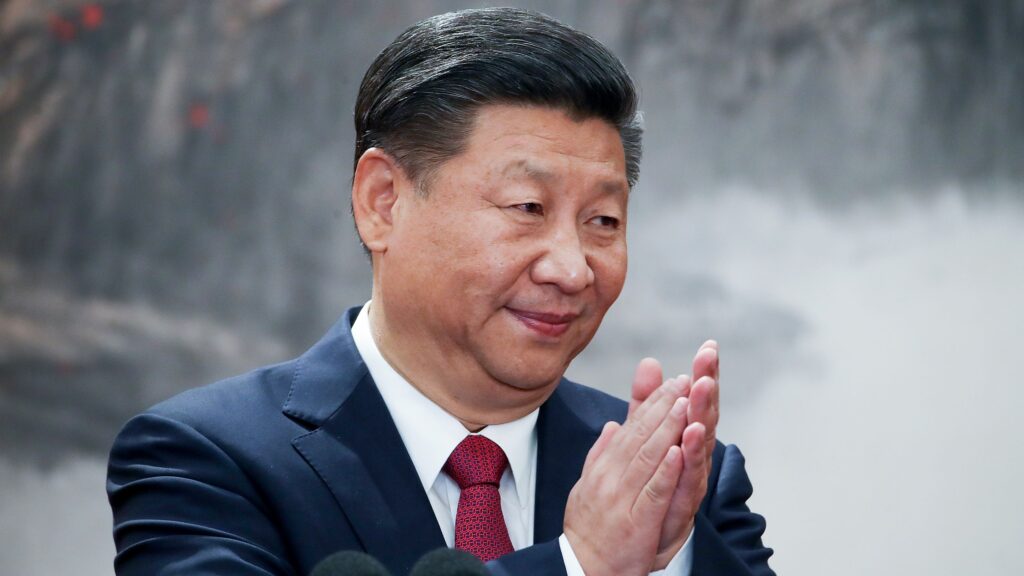China has issued a rare advisory urging its citizens not to travel to Japan, further escalating a diplomatic storm triggered by Japanese Prime Minister Sanae Takaichi’s recent remarks on Taiwan. The tensions erupted after Takaichi suggested that Japan could deploy its Self-Defense Forces if China launched an attack on the self-governed island.
The row began at a parliamentary meeting last Friday, when Takaichi was asked what circumstances around Taiwan would constitute a “survival-threatening situation” for Japan. The prime minister responded that the use of force or battleships in the area could qualify—remarks that carry heavy implications under Japan’s 2015 security laws, which allow military action if an ally’s attack threatens Japan’s existence.
Beijing immediately condemned the comments as “egregious,” while the situation worsened when Xue Jian, China’s consul general in Osaka, posted a controversial statement on X implying that Takaichi’s “dirty head” should be “cut off.” Japan lodged a formal protest, calling the comment highly inappropriate, while China retaliated with its own protest against Takaichi’s remarks.
Despite the backlash, Takaichi declined to retract her comments, saying they aligned with Japan’s long-standing position. China responded robustly: its foreign ministry warned Japan to “stop playing with fire,” and Vice Foreign Minister Sun Weidong summoned Japan’s ambassador, warning that “all consequences must be borne by Japan” if it continued on this path.
The tension touches on a long history of rivalry. China frequently references Japan’s WWII military aggression, while Japan has grown increasingly wary of China’s assertiveness in the region. Takaichi—known for her hawkish stance—has previously argued that a Chinese blockade of Taiwan would endanger Japan.
Taiwan remains the core point of friction. Beijing insists the island is part of China and rejects foreign involvement, while Japan maintains that stability in the Taiwan Strait is vital to its security.
The situation reached a new peak on Friday when the Chinese embassy in Tokyo urged citizens to avoid traveling to Japan, citing “blatantly provocative remarks” from Japanese leadership. With both sides refusing to back down, the diplomatic standoff shows no signs of cooling.

